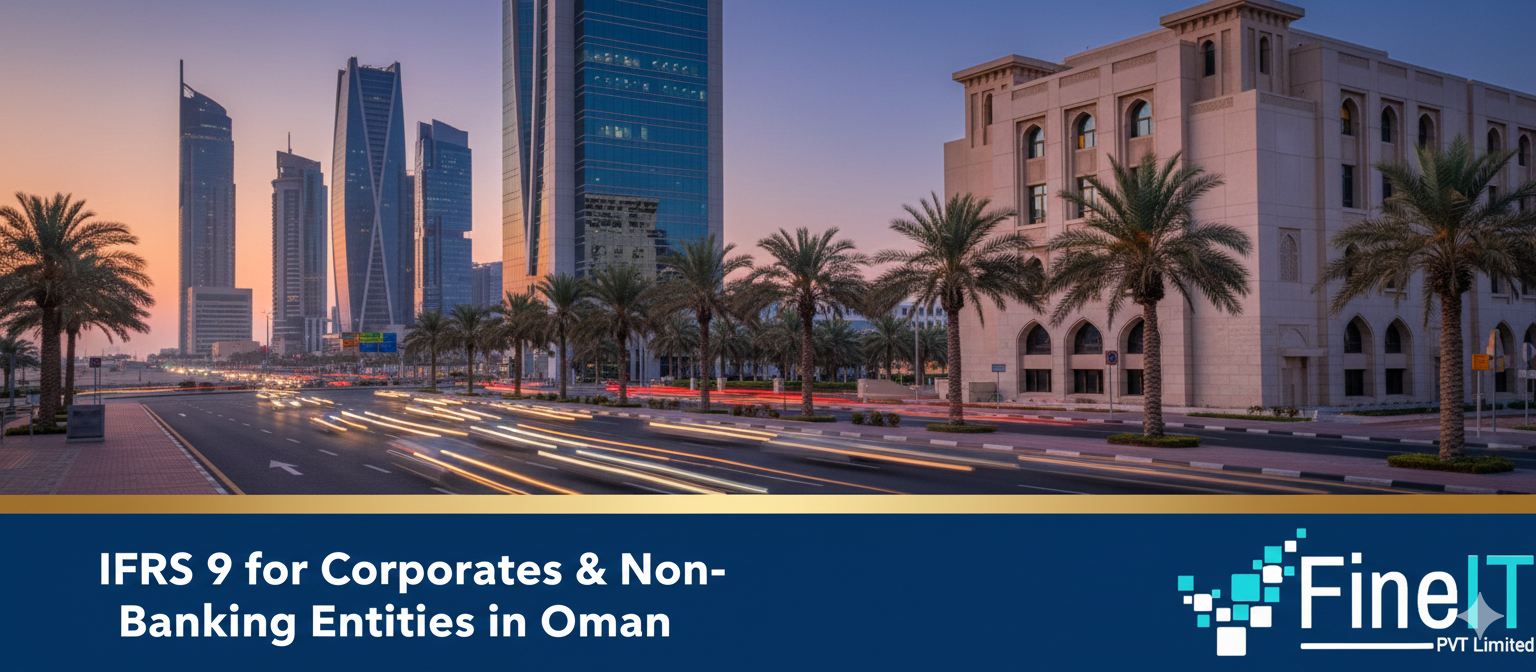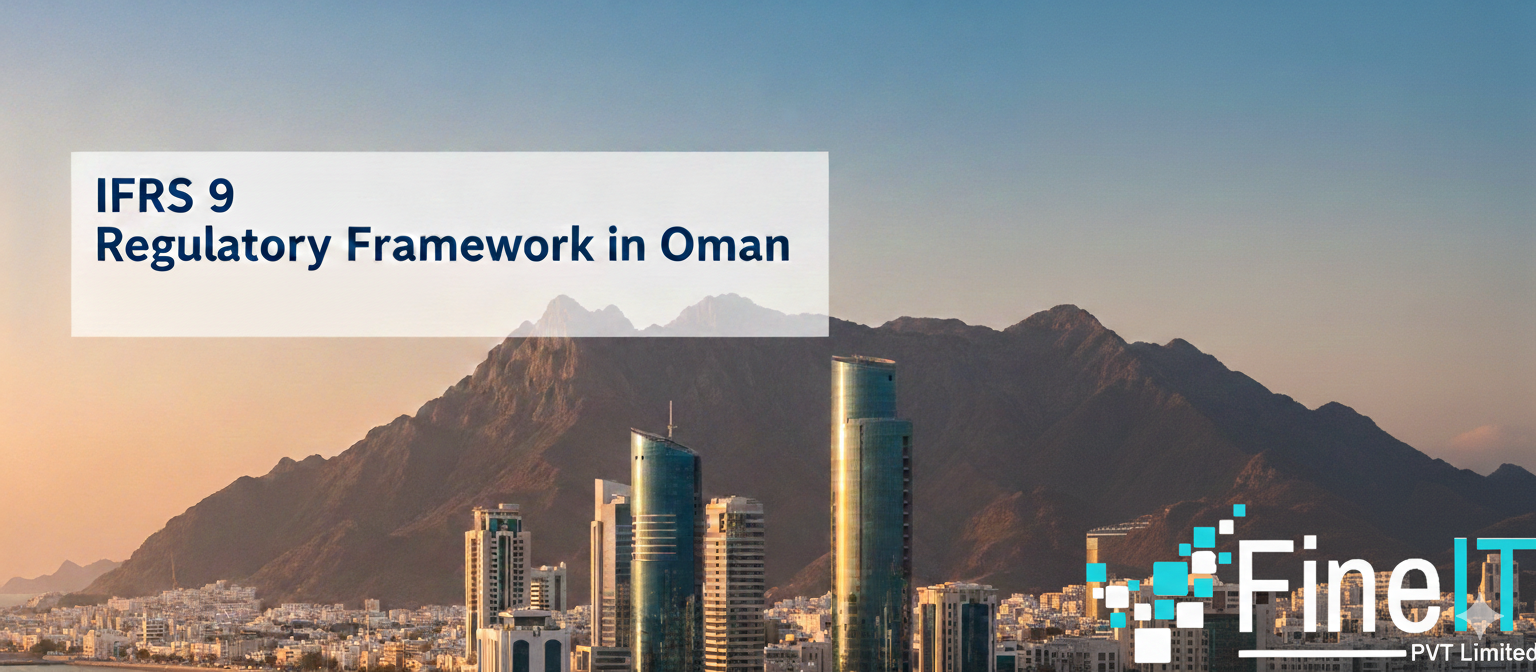IFRS 9 for Corporates & Non-Banking Entities in Oman
As Oman pursues its Vision 2040 goals of economic diversification and global integration, the adoption of IFRS 9 Financial Instruments has become a critical milestone—not just for the banking sector, but for every corporate and non-banking entity operating in the Sultanate. While many initially viewed IFRS 9 as a “banking standard,” its reach is far […]









